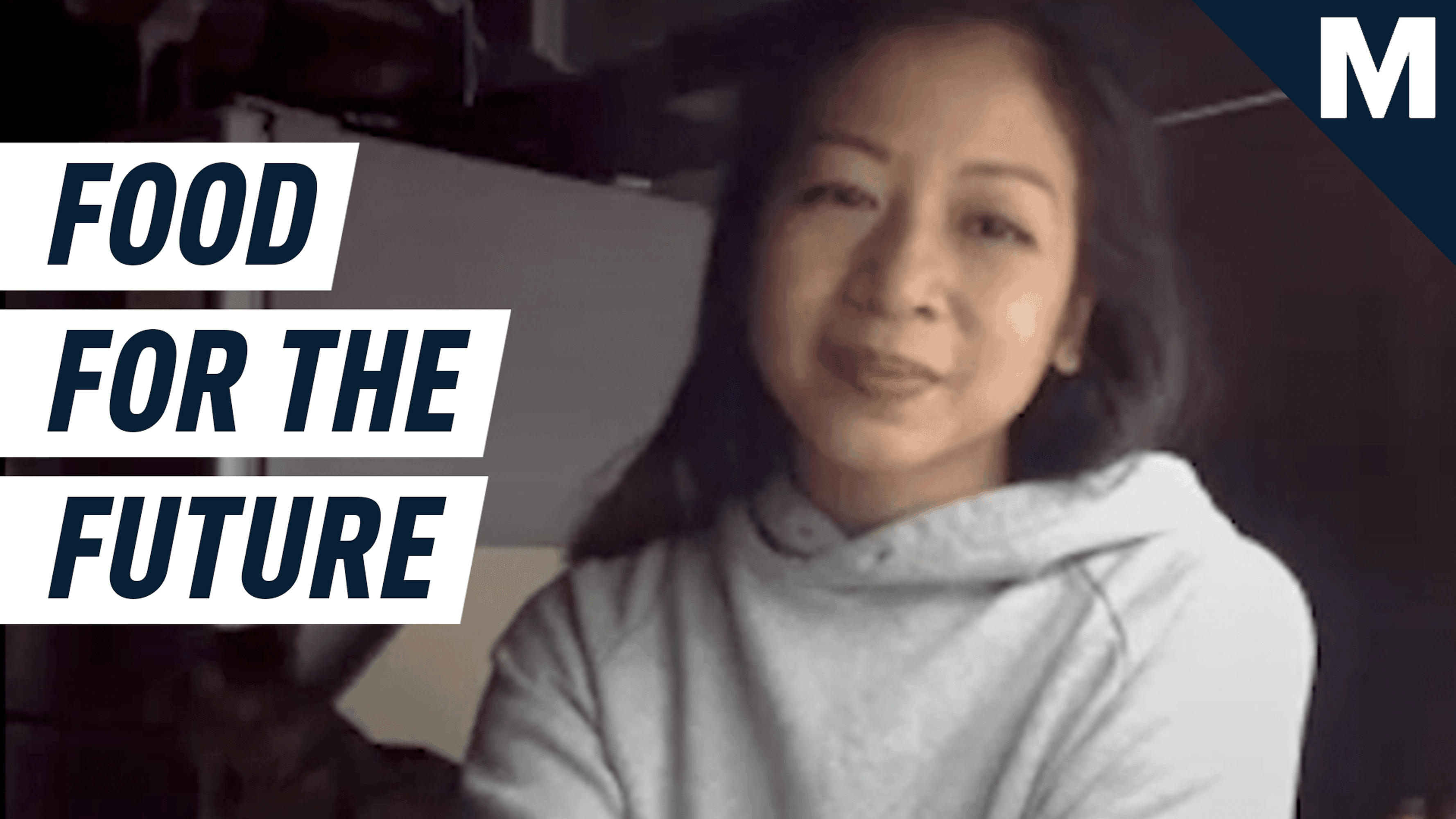Mashable’s Social Good Series continues this month with another expert panel, “Food for the Future,” which focused on diets — what we eat, how we get it, and whether or not it’s good for both us and the planet — in the context of climate change.
Moderator Chris Taylor, senior editor at Mashable, was joined by a group of four experts in the fields of food, food education, and behavioral consumer analysis.
Hong Kong-based Peggy Chan was the executive chef and director of Nectar Integrative Dining, a restaurant that specialized in plant-based cuisine and sustainable eating. Chan recently founded Grassroots Initiative Consultancy, a network that will connect sustainable eateries and advocates.
Kelly McGlinchey is the board co-chair of Slow Food New York City and founder of Table & Tilth, a food sustainability consulting firm. McGlinchey specializes in urban gardening and food sustainability in order to preserve traditional ways of eating.
Brandon McFadden is an assistant professor at the University of Delaware’s Department of Applied Economics and Statistics, and studies how consumers choose and perceive their food.
And Sophie Attwood, a senior behavioral analyst at the World Resources Institute’s Better Buying Lab, offered her expertise in encouraging plant-based food choices and reducing household waste.
The panelists reiterated early on that climate change is directly connected to how our food is produced and consumed.
Chan noted that up to 37% of emissions contributing to climate change come from the food system as a whole, including land use and transportation. That’s according to a 2019 United Nations report. The best way to address this, according to Chan, is through better education. “We know there is a knowledge gap,” said Chan. “What we are talking about here does not get taught… What we really need to do is provide food literacy for every single person, starting young and going up to hospitality schools and culinary schools.”
McGlinchey explained that this decade is crucial for addressing the impact that food systems and land use have on climate degradation. “The sense of urgency is heightened with every year that passes,” McGlinchey said. “Its a big deal, to put it shortly.”
The conversation then shifted to a discussion on individual consumer choices, ranging from the pros and cons of alternative protein sources, the possibilities of non-dairy milks, the impact of individual urban gardening, and the power of marketing sustainable options.
Attwood explained that we are extremely influenced by the environments around us when it comes to decision-making, especially when purchasing food. Consumers rely on quick, often uninformed, decisions when confronted with overwhelming choices in supermarkets and restaurants. When making food choices, “trying to convert intention into action can be very difficult,” Attwood said.
McFadden believes providing customers with clear information about the environmental impact of foods before buying could help better inform consumer decision-making. Ultimately, however, he believes the problem of food and climate change comes down to a collective action problem. “My individual action doesn’t make a big difference— I need other people to do it with me for it to matter.”
Taylor rounded up the discussion by asking the panel how they envision future conversations about food sustainability.
Chan said the focus should be on adding carbon labels to foods, incorporating sustainable options at restaurants, and tech solutions for greater transparency. McGlinchey agreed, adding that urban gardening and edible seaweed are underutilized solutions to many of the problems mentioned.
McFadden hopes that companies continue to explore the best ways to sell sustainable food options to consumers and find alternative uses for things like food waste. And Attwood looks towards a future where there is a “mass adoption” of plant-based diets to support an ever-growing world population.

